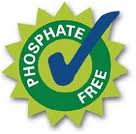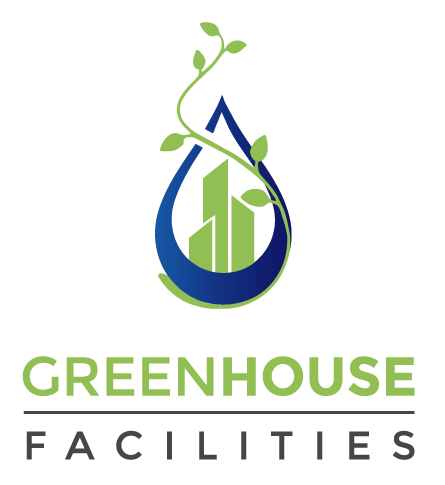 Beginning July 1, 2013, commercial establishments in New York will no longer be allowed to use detergents containing phosphates.
Beginning July 1, 2013, commercial establishments in New York will no longer be allowed to use detergents containing phosphates.
The Dishwasher Detergent and Nutrient Runoff Law has been in effect for homeowners since 2010 so we’ve all gotten used to seeing no-phosphate containing detergents replace the dangerous alternatives on store shelves, but for the last three years commercial establishments were still allowed to use the dangerous chemicals on dishes, silverware, linens, and other items used by the public.
What are Phosphates?
Phosphates are an inorganic compound that has a variety of uses in detergents, food, carbonated beverages, and others. In detergents phosphates remove hard-water minerals to make detergents more effective and to prevent dirt from settling back onto items during a wash. On the surface, they seem like a helpful natural element, they clean household goods, thicken and preserve food, and add the sparkle to sodas; but, in reality they are a danger to the environment.
The problem came to light when it became apparent that phosphates weren’t easily broken down by ordinary wastewater processing systems. As they traveled into streams, lakes and rivers, they increased the algae growth and subsequently decreased the oxygen that is needed for healthy aquatic life, which contributed to the high water pollution.
Thankfully, many states, including New York, signed into law a prohibition against the sale of phosphorus-containing dishwasher detergents, the most controversial product; but, phosphates are still used in a wide array of cleaning products including laundry detergents, counter and window cleaners, over cleaners, and even some food.
Interestingly, detergent manufacturers are not required by law to list their ingredients, so it’s not always possible to determine if detergents and cleaners contain dangerous phosphates. The best option is to stick to eco-friendly brands that produce green products. Thankfully, green cleaning options exist for everything from dishes and laundry to counter tops and skin.
Here are a few of our favorite non-phosphate containing detergents.
$6.99+ at greenhouseecocleaning.com
All natural, vegetable-based cleaners that remove dirt, grime, and bacteria from countertops, floors, windows, and bathrooms without leaving a toxic residue.
Seventh Generation Automatic Dishwasher Detergent Concentrated Packs
$23 at most supermarkets
These are a great alternative to phosphates for sparkling clean dishes and glassware.
Seventh Generation Free & Clear Natural Laundry Detergent
$6.99 at most supermarkets
This detergent is great at removing most stains, better than many other eco-friendly laundry detergents, and they disclose all the ingredients on the label.
Nearly every food contains some phosphorus as well. As a general rule, foods high in protein are also high in phosphorus. Fast food and processed foods contain high amounts of phosphorus, which are used as preservatives. Check the label for ingredients that contains “phos” in the term. Here are some examples:
- Calcium phosphate
- Disodium phosphate
- Phosphoric acid
- Tricalcium phosphate
- Monopotassium phosphate
- Pyrophosphate polyphosphates
Despite the fact that phosphorus is an inorganic compound found in nature, it doesn’t mean it’s safe to consume in large amounts or safe for our environment. Protecting ourselves and our waterways starts with being educated and aware.
Have you discovered a new green product that you can recommend? We’d love to know how you’ve managed to get your household items sparkling clean without harming the environment. Let’s chat on Facebook, Twitter, or Pinterest.
